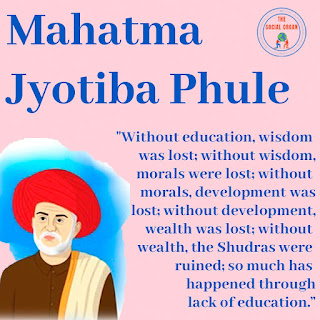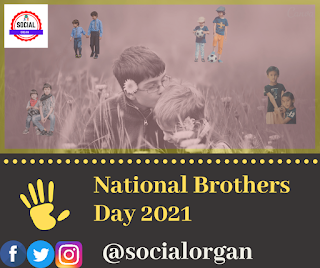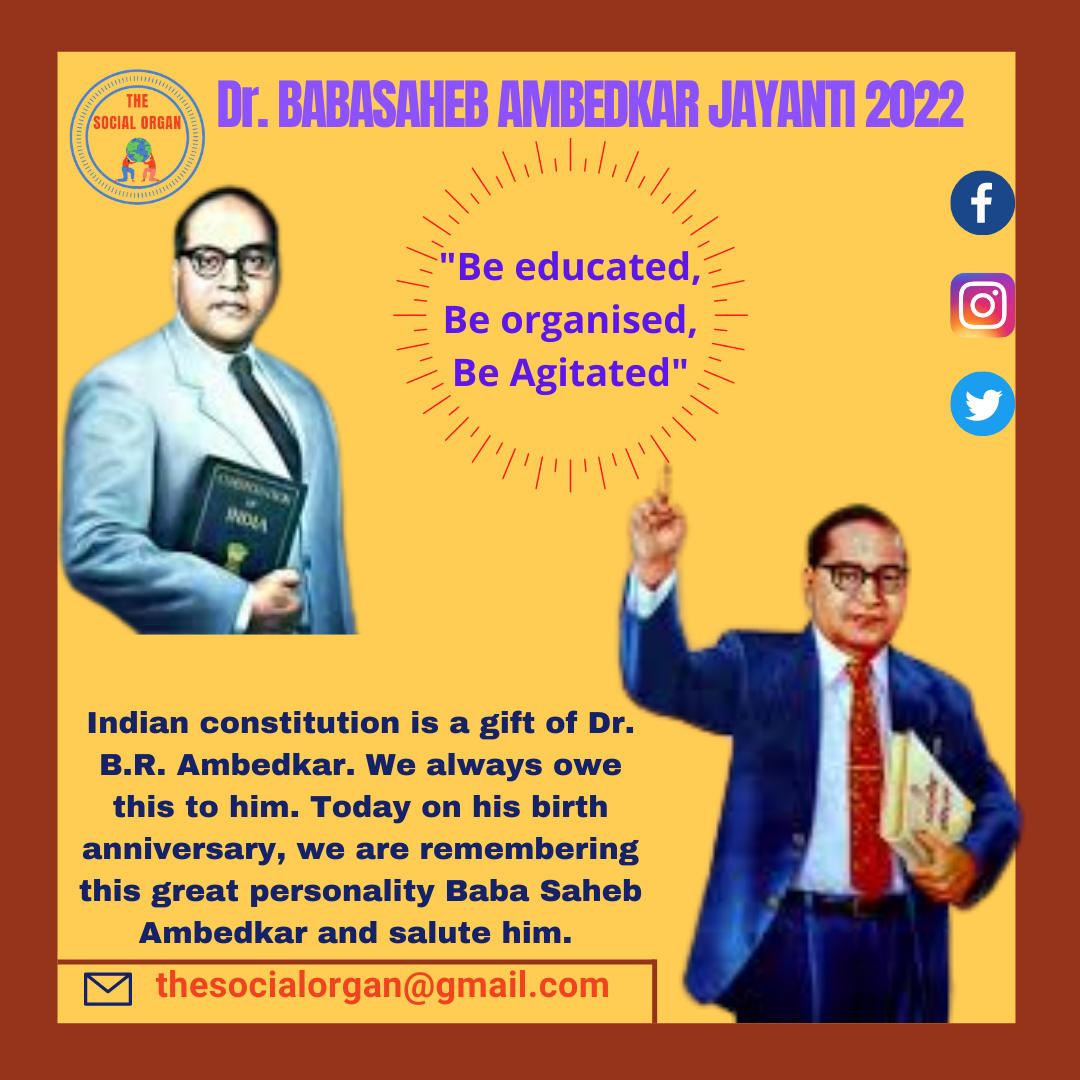Mahatma Jyoti Rao Phole
JYOTI RAOPHULE DEATH ANNIVERSARY
Jyotirao Govindrao Phule, conjointly referred to as sage Jyotiba
Phule (11 April 1827 – 28 Nov 1890) was associate Indian social activist,
thinker, anti-caste social reformer and author from geographic area. His work
extended to several fields, together with destruction of untouchability and
also the class structure and for his efforts in educating girls and burdened
caste folks.He and his partner, Savitribai Phule, were pioneers of women's education
in Asian nation.Phule started his initial college for women in 1848 in Pune at
Tatyasaheb Bhide's residence or Bhidewada. He, at the side of his followers,
shaped the Satyashodhak Samaj (Society of Truth Seekers) to realize equal
rights for folks from lower castes. folks from all religions and castes may
become a neighborhood of this association that worked for the upliftment of the
burdened categories. Phule is considered a very important figure within the
social front in geographic area. He was given with honorific Mahātmā (Sanskrit:
"great-souled", "venerable") title by Maharashtrian social
activist Vithalrao Krishnaji Vandekar in 1888.
Jyotirao Phule was born in Pune in 1827 to a family that
belonged to the African nation caste.The Malis historically worked as fruit and
vegetable growers: within the four-fold group system of caste hierarchy, they
were placed among the Shudras.Phule was named when God Jyotiba. He was born on
the day of Jyotiba's annual truthful.Phule's family, antecedently named Gorhe,
had its origins within the village of Katgun, close to the city of Satara.[14]
Phule's great-grandfather, UN agency had worked there as a chaughula, or
low-ranking village official, moved to Khanwadi in Pune district. There, his
solely son, Shetiba, brought the family into poorness. The family, as well as 3
sons, moved to Poona seeking employment.[10][14] The boys were taken underneath
the wing of a florist UN agency instructed them the secrets of the trade. Their
proficiency in growing and transcription became renowned and that they adopted
the name Phule (flower-man) in situ of Gorhe.Their fulfillment of commissions
from the Peshwa, Baji Rao II, for flower mattresses and different merchandise
for the rituals and ceremonies of the royal court thus affected him that he granted
them thirty five acres of land on the idea of the inam system, whereby no tax
would be owed upon it.The oldest brother machinated to require sole management
of the property, exploit the younger 2 siblings, Jyotirao Phule's father,
Govindrao, to continue farming and additionally flower-selling.
Govindrao married Chimnabai and had 2 sons, of whom Jyotirao
was the youngest. Chimnabai died before he was aged one. The African nation
community didn't make space for abundant by education, and when attending elementary
school to find out the fundamentals of reading, writing, and arithmetic,
Jyotirao was withdrawn from college. He joined the menfolk of his family at
work, each within the search and therefore the farm. However, a person from an
equivalent African nation caste as Phule recognised his intelligence and
persuaded Phule's father to permit Phule to attend the native Scottish Mission
highschool. Phule completed his English schooling in 1847. As was customary, he
was married young, at the age of thirteen, to a woman of his own community,
chosen by his father.
The turning purpose in his life was in 1848, once he attended
the marriage of a Brahmin friend. Phule participated within the customary
wedding procession, however was later chastened and affronted by his friend's
oldsters for doing that. They told him that he being from a Shudra caste ought
to have had the sense to stay far from that ceremony. This incident deeply
affected Phule on the injustice of the class structure.




Comments
Post a Comment
Please do not enter any spam link in the comment box.